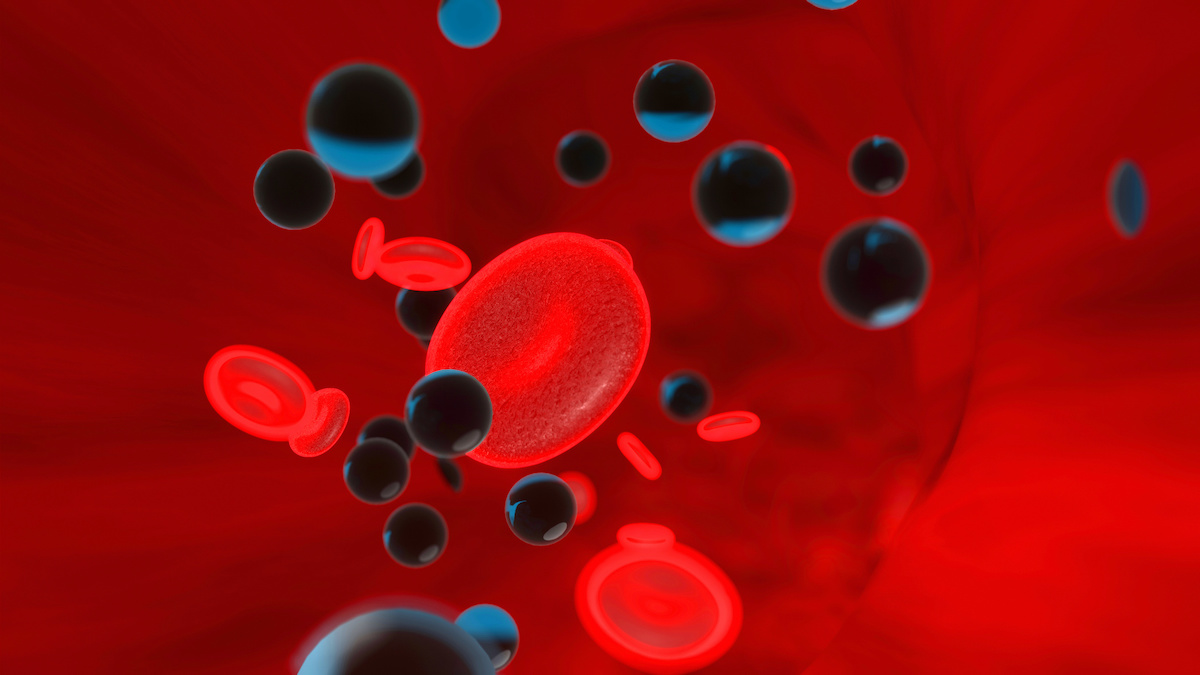
Last week, Care magazine® discussed microplastics in our food, air and water. Here is yet another example of how microplastics are affecting our planet, our health.
Plastic pollution may be making its way into our bodies and threatening our hearts, a new study reveals. Researchers found that people with microplastics lodged in their artery walls are a staggering 4.5 times more likely to experience heart attacks or strokes compared to those without these tiny plastic particles.
The tiny plastic fragments we unknowingly consume through food, water, are already linked to conditions like inflammatory bowel disease (IBD), Parkinson’s disease, and dementia, as well as antibiotic-resistant bacteria. Now, research published in The New England Journal of Medicine links them to cardiovascular health, too.
In the study, scientists analyzed arterial plaques from 304 people undergoing surgery, and the results were alarming: 60% of people had polyethylene, while 12% had polyvinyl chloride (PVC). When participants were followed up nearly 3 years later, those with microplastics in their plaques were 4.5 times more likely to have experienced heart attacks, strokes, or death.
“The plastic presence in human atherosclerotic plaques is surprising,” lead author Dr. Raffaele Marfella. “Unfortunately, human tissue plastic contamination is not unique but widespread. Their likely effect on cardiovascular health is worrisome.”
While further research is needed to understand the effects of microplastics on our hearts, this discovery shows that plastic pollution isn’t just an environmental crisis—it’s a public health issue, too.
To learn more about this study and what it means for your health and our planet, read the full article at PVC, other microplastics found in clogged arteries; https://www.medicalnewstoday.com/articles/pvc-other-microplastics-found-in-clogged-arteries.












